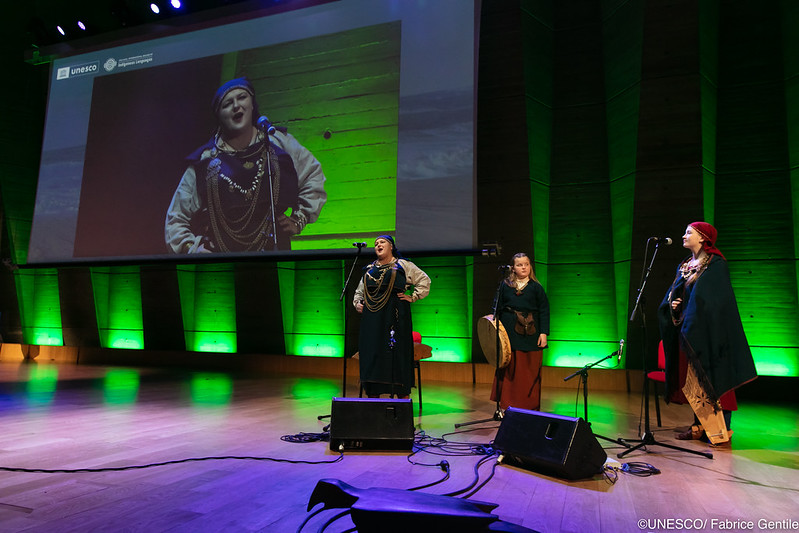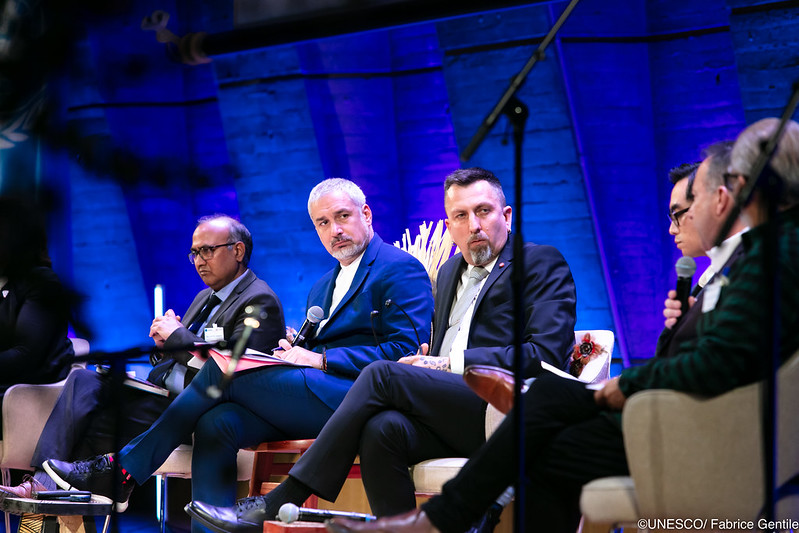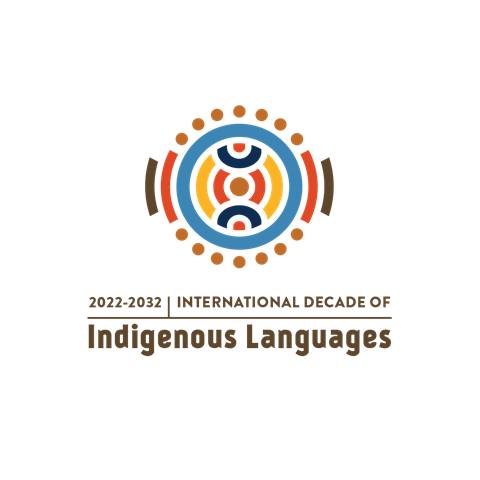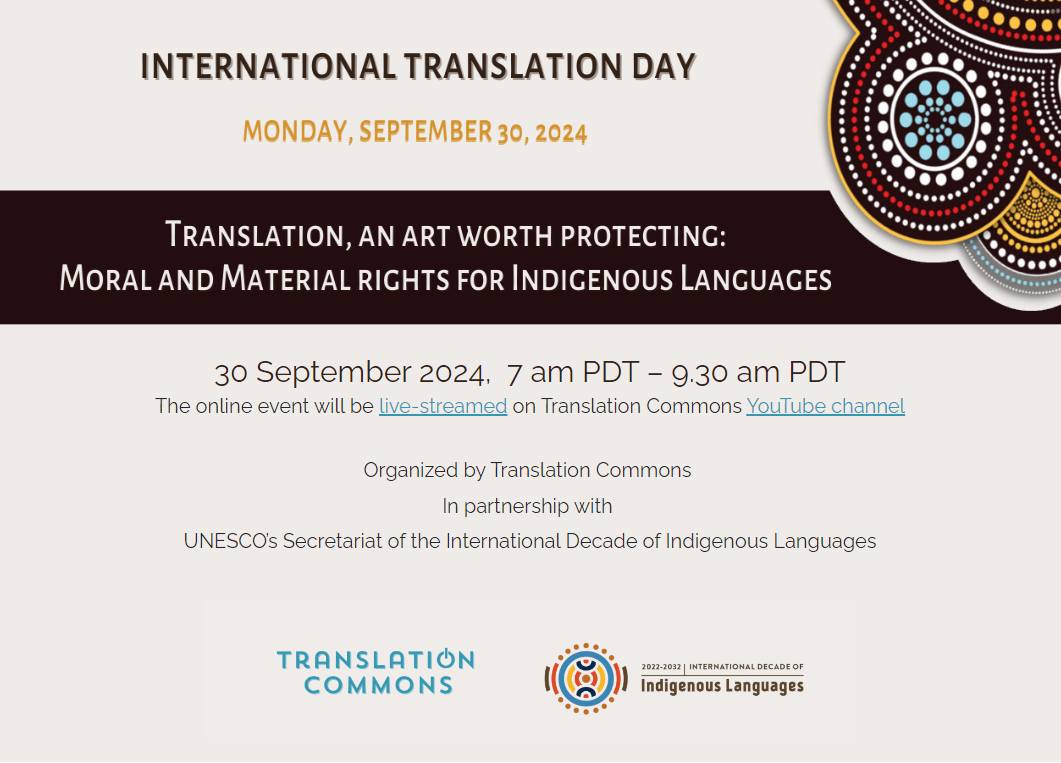Yesterday, 09.07.2024, the meeting of the Global Task Force of the UN International Decade of Indigenous Languages (2022-2032) was held. It approved four Ad-hoc groups tasked with conducting research and making recommendations to the Global Task Force in the areas of language acquisition, transmission, status and digital equality. At the opening of the session, Dr. Tawfik Jelassi, Assistant Director-General for Communication and Information at UNESCO stated, that “Ad-hoc groups are instrumental for the implementation of the decade.”
Two representatives of the UL Livonian Institute also took part in two of these expert groups. The senior researcher of the institute, Dr. philol. Gunta Kļava will work in the Ad-hoc group focusing on the Provision of education and domains for indigenous languages, while leading researcher Dr. Phil. Valts Ernstreits has been elected as the co-chairman of the Ad-Hoc group on Digital equality and domains.
Latvia has been actively involved in the work of the UN International Decade of Indigenous Languages (2022-2032) and in the creation of international indigenous people’s policy since 2021, becoming one of the members of the Decade’s Global Task Force, participating in the development of the global action plan for the decade with its own proposals, and many initiatives related to ensuring sustainability and digital competitiveness of indigenous languages.

The Livonians – Julgī Stalte and her daughters Lelū and Anna Kī – at the opening ceremony of the UN international decade of indigenous languages in Paris, December 13th 2022.
Latvia is represented in the Global Task Force by Valts Ernštreits, director of the UL Livonian Institute, who also held the position of co-chairman of the Global Task Force over the course of 2023. It was at this time, and on his direct initiative, that decisions were made on the creation of working groups to make the work of the global management team more efficient and to ensure a tangible and lasting result. Expert groups will collect examples of good practice, develop policy documents and recommendations (including in the field of using artificial intelligence technologies), as well as organize networking events for experts on indigenous issues around the world.
The UN International Decade of Indigenous Languages (2022-2032) is a ten-year set of initiatives and activities proclaimed by the UN and administered by UNESCO, designed to draw attention to the diversity of the world’s languages, especially indigenous languages, which make up the majority of the approximately 7,000 languages spoken in the world, but which at the same time are under constant threat.
Livonian is one of the few officially recognized indigenous languages of the European Union, along with the Sami languages of Sweden and Finland. Although Livonian is currently one of the most endangered languages in the world and one of the smallest in terms of the number of speakers, it could once be heard in a large part of modern Latvia, which can be seen both in the many Livonian borrowings in the Latvian language and its variants, as well as in all the Livonian place names found in the regions once inhabited by the Livonians.

The director of the LU Livonian Institute and vice-president of the UN international decade of indigenous languages global task force, Valts Ernštreits, took part in the opening of discussions in Paris on December 13th 2022.
In cooperation with the Latvian National Commission of UNESCO and the Latvian National Cultural Center, the UL Livonian Institute had declared 2023 as the Year of the Livonian Heritage in order to promote Latvia’s Livonian roots and the Livonian heritage present in the Latvian language, in the cultural space and landscape of Latvia.
The University of Latvia Livonian Institute is a research institution established in 2018, whose main activities are the research of the Livonian people and Livonian heritage, as well as the creation of tools both for the acquisition and use of the Livonian language and other endangered languages. One of the main areas of activity of the institute is the creation of digital resources and language learning tools, and the development of methodologies and approaches that correspond to the specifics of languages with critically low resources. The inclusion of the institute’s researchers in the expert groups is also a recognition of the institute’s activities in the field of indigenous peoples.



